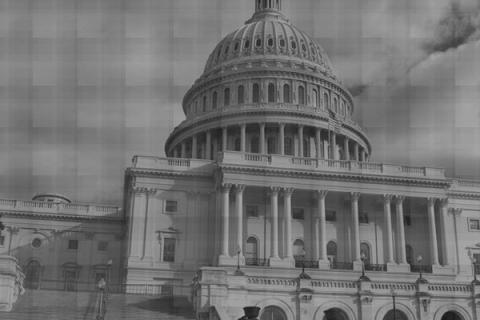![]() Last year, Wired.com reported the story of an Arab-American man living in Santa Clara named Yasir Afifi who found a tracking device on his car after the FBI received a vague tip that Afifi posed a threat to national security. On Tuesday, Wired revealed that another California man has found not one, but two federal GPS tracking devices on his vehicle.
Last year, Wired.com reported the story of an Arab-American man living in Santa Clara named Yasir Afifi who found a tracking device on his car after the FBI received a vague tip that Afifi posed a threat to national security. On Tuesday, Wired revealed that another California man has found not one, but two federal GPS tracking devices on his vehicle.
Back in 2010, Afifi's friend posted photos of the GPS tracking device on Facebook, prompting speculation over whether the device was real or not. Within 48 hours, Afifi found out when half a dozen FBI agents and police officers appeared at his apartment to demand that he return their device. More recently, a 25-year-old San Jose resident who only wants to be identified as "Greg" found two GPS devices on his car. The second one had been placed on it sometime after Greg found and removed the first one.
A Hispanic American who is currently living with his girlfriend's parents, Greg is most likely being monitored because of his cousin, a Mexican citizen who fled across the border into Mexico while under investigation for allegedly dealing drugs. Wired.com says that Greg "is one among an increasing number of U.S. citizens who are finding themselves tracked with the high-tech devices." The revelation coincidentally came on the same day that the U.S. Supreme Court heard oral arguments in a similar case regarding the constitutionality of GPS tracking devices on vehicles.
At the appellate level, U.S. Appeals Court Judge Douglas Ginsburg wrote:
"A person who knows all of another’s travels can deduce whether he is a weekly church goer, a heavy drinker, a regular at the gym, an unfaithful husband, an outpatient receiving medical treatment, an associate of particular individuals or political groups — and not just one such fact about a person, but all such facts."
The possible legality of such sweeping surveillance powers for the federal government raises the spectre of dystopian novelist George Orwell's classic book, 1984, which depicts a totalitarian society in which the government engages in round-the-clock surveillance of its citizens while posing as a benevolent "Big Brother" looking out for their best interests. Indeed, the prospect of a 1984-style society was raised multiple times throughout the Supreme Court's oral arguments Tuesday.
Justice Stephen Breyer said:
"If you win this case, then there is nothing to prevent the police or the government from monitoring 24 hours a day the public movement of every citizen of the United States. So if you win, you suddenly produce what sounds like 1984 from their brief."
Justice Sonia Sotomayor shared Breyer's concern:
"I don't see that far in the future when those cameras are going to be able to show you the entire world and let you track somebody on the camera from place to place."
But the court's "conservatives" argued that the GPS device didn't do anything a detail of police officers couldn't have done themselves, reasoning that if it's constitutional for police officers to follow suspects in public places, then simply using the GPS device to accomplish the same task more efficiently might not be a violation of a citizen's civil rights. The attorney arguing the case conceded the point and answered "No," when Justice Antonin Scalia asked:
"The police could have had round-the-clock surveillance on this individual for a whole month or for two months or for three months, and that would not have violated anything, would it?"
Justice Samuel Alito followed up, asking:
"What is the difference in terms of one's privacy whether you're followed by a police officer for 12 hours and you don't see the officer or whether you're monitored by GPS for 12 hours?"
The attorney struggled to answer these objections with legal reasoning, resorting in the end to calling the surveillance situation in London "pretty scary," prompting Scalia to quip sarcastically, "Well, it must be unconstitutional if it's scary." But there is one key difference between GPS monitoring and police monitoring. The difference is that the former involves more than merely observing a suspect. It involves actively violating a person's private property or in constitutional language, their "effects" without a warrant.
The Fourth Amendment to the U.S. Constitution guarantees that citizens are to be secure in their person and effects from unreasonable searches and seizures:
"The right of the people to be secure in their persons, houses, papers, and effects, against unreasonable searches and seizures, shall not be violated, and no Warrants shall issue, but upon probable cause, supported by Oath or affirmation, and particularly describing the place to be searched, and the persons or things to be seized."
Does placing a tracking device on a U.S. citizen's automobile, without a warrant, violate this constitutional right? You decide.
